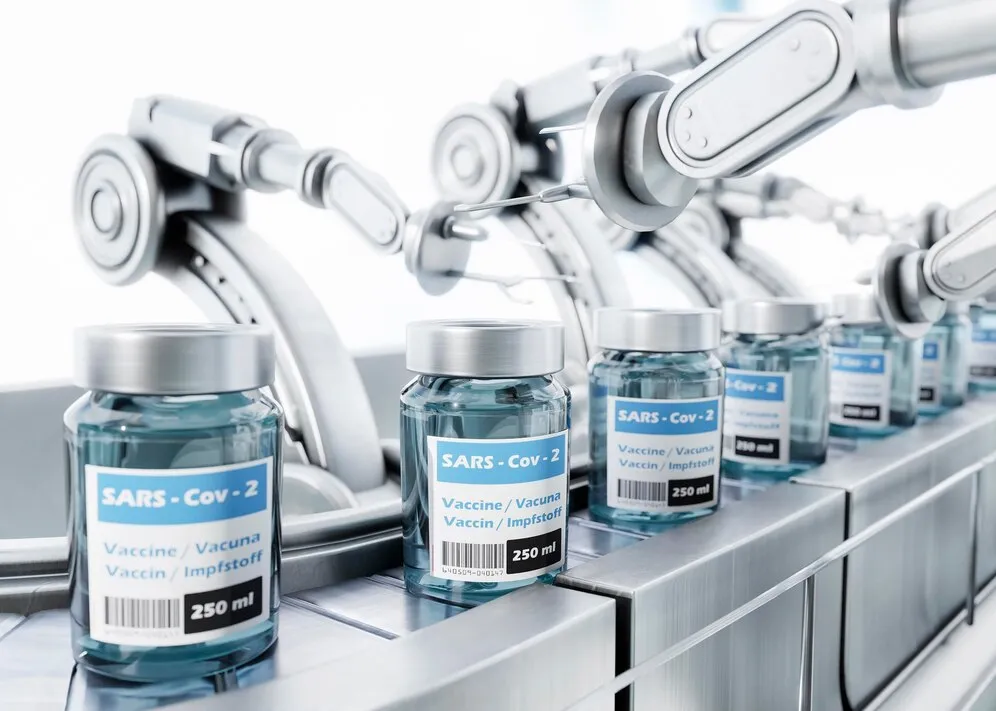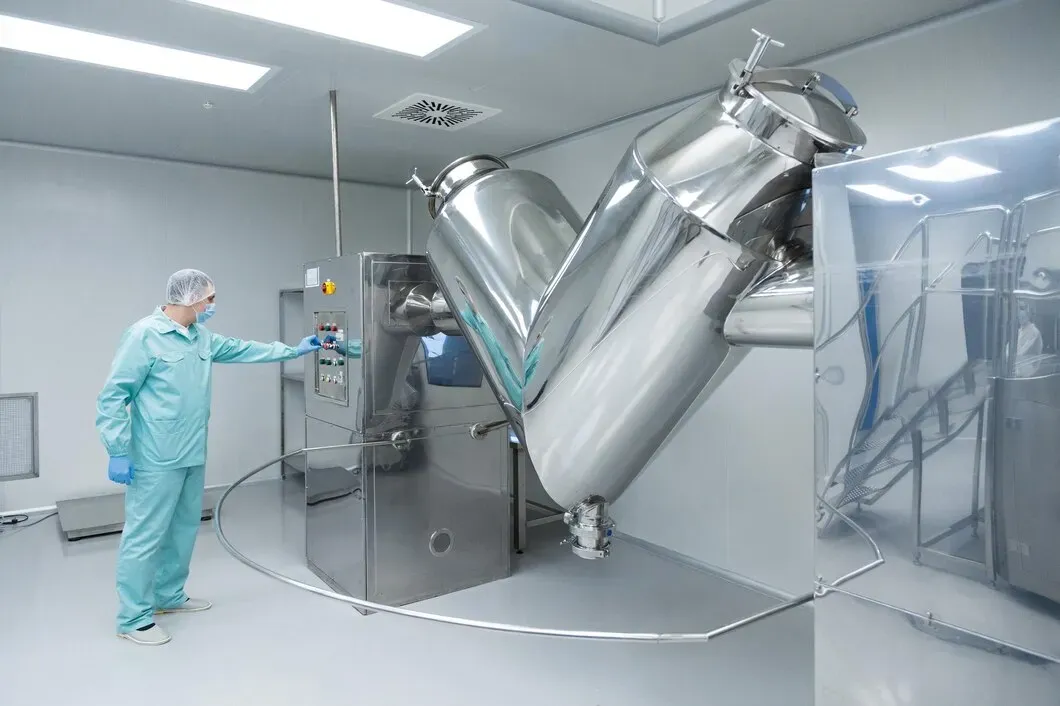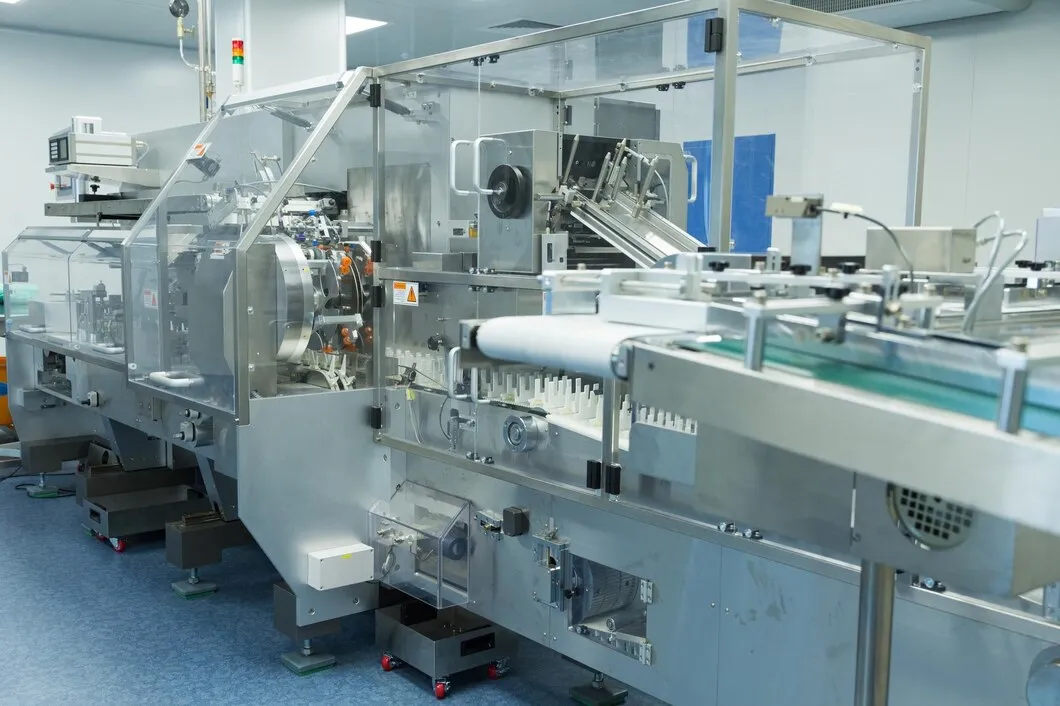Автоматизація змінює спосіб виробництва фармацевтичної продукції. Оскільки виробництво стає складнішим, а регуляторні вимоги суворішими, потреба в надійних, масштабованих та ефективних системах більша, ніж будь-коли. У сучасному світі автоматизація у фармацевтичній промисловості не просто корисна, вона є необхідною.
У цій статті ми розглянемо, як автоматизація у фармацевтичній галузі змінює виробництво, які процеси автоматизуються, переваги та проблеми, а також що це все означає для перспективних виробників.

Фармацевтичне виробництво завжди було надзвичайно важливим. Одна помилка може затримати запуск продукту, призвести до відкликання або не проходження аудитів на відповідність. Тиск ще більше зростає зі зростанням популярності біологічних препаратів, персоналізованої медицини та глобального попиту.
Ручні операції просто не встигають. Людська помилка, нестабільна якість та тривалі терміни виконання робіт створюють занадто великий ризик. Автоматизація фармацевтики Системи вирішують цю проблему, стандартизуючи робочі процеси, підвищуючи точність та забезпечуючи надійну пропускну здатність щодня.
Згідно з нещодавнім оглядом у Журнал досліджень інвентаризації, автоматизація фармацевтичної промисловості стає основною стратегією для компаній, які прагнуть зменшити ризики, підвищити точність та відповідати стандартам належної виробничої практики (GMP).
Автоматизацію можна застосовувати на різних етапах фармацевтичне виробництво:
Впровадження автоматизації пропонує кілька переваг:
Незважаючи на свої переваги, впровадження автоматизації створює певні труднощі:
Кілька компаній є лідерами у наданні рішень з автоматизації для фармацевтичної промисловості:
Впровадження автоматизації дозволяє фармацевтичним виробникам відповідати мінливим вимогам галузі. Виробникам слід оцінити свої поточні процеси та розглянути стратегічні інвестиції в автоматизацію, щоб забезпечити майбутнє своєї діяльності.
Інтеграція автоматизації у фармацевтичне виробництво більше не є необов'язковою. Зі зростанням світової галузі до більш просунутих, керованих даними та вимогливих до дотримання нормативних вимог операцій, автоматизація надає виробникам перевагу, необхідну для збереження конкурентоспроможності.
Компанії, які впроваджують автоматизацію на ранній стадії, можуть підвищити продуктивність, забезпечити якість продукції та зменшити довгострокові операційні ризики.
Хочете модернізувати свою виробничу лінію? Зверніться до нас про рішення для автоматизації, створені для майбутнього фармацевтичного виробництва.




Перш ніж будь-який препарат потрапить до пацієнта, він починається в лабораторії. Саме там тестуються формули, перевіряються партії, а якість або підтверджується, або ставиться під сумнів. Щоб виконувати цю роботу правильно, лабораторії залежать від правильного обладнання — інструментів, які не просто виконують роботу, а роблять її точно. Якщо ви відповідаєте за керування або […]

Блістерна упаковка використовується всюди у фармацевтичній галузі — від таблеток до капсул і зразків. Вона захищає продукт, подовжує термін придатності та підвищує безпеку пацієнтів. Але для виробників це більше, ніж просто упаковка — це система, побудована на швидкості, точності та відповідності вимогам. Якщо ви працюєте у фармацевтичному виробництві або закупівлі упаковки, ось що вам потрібно знати про блістерну упаковку […]

Якщо ви вирішуєте, як доставляти фармацевтичний продукт або харчову добавку, обраний вами формат — рідкі гелі чи таблетки — визначатиме не лише його зовнішній вигляд. Він впливає на те, як продукт виготовляється, як швидко він всмоктується, яке обладнання вам знадобиться та як кінцевий користувач його сприймає. Деякі активні речовини працюють краще в […]